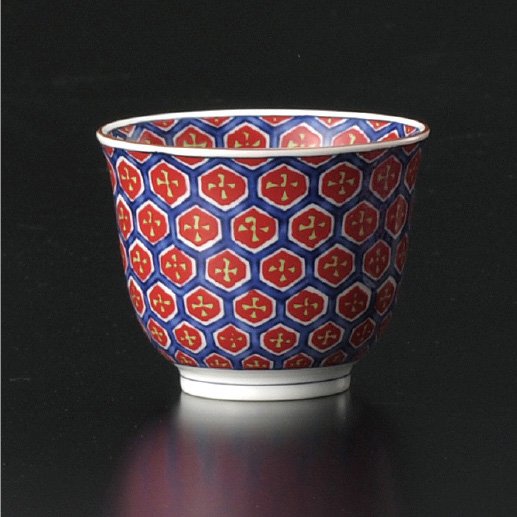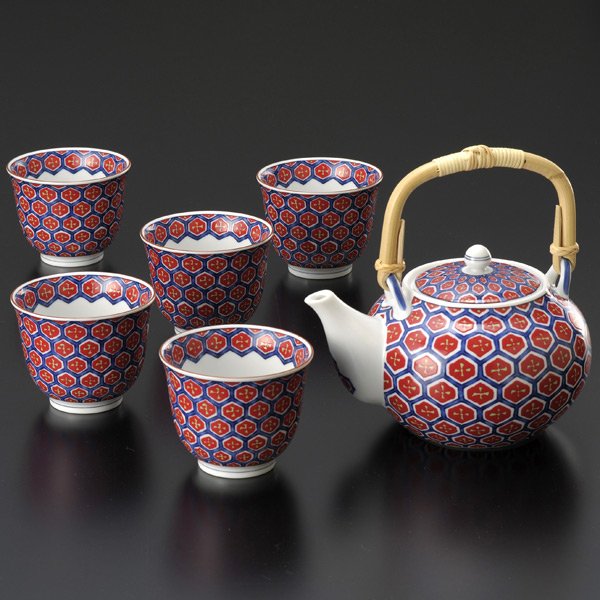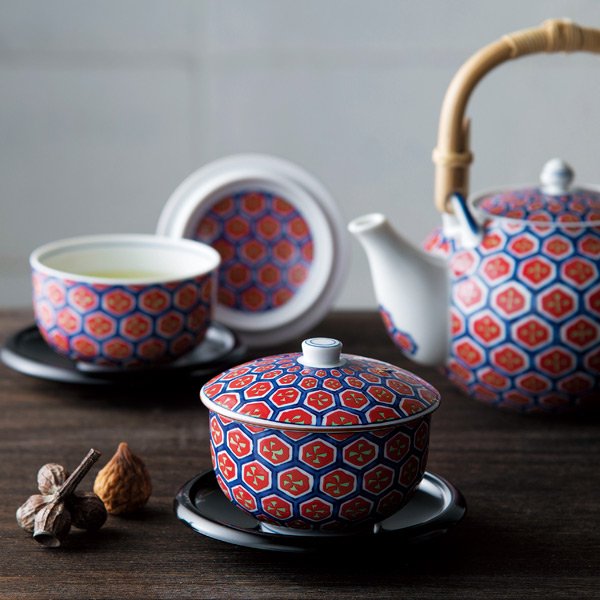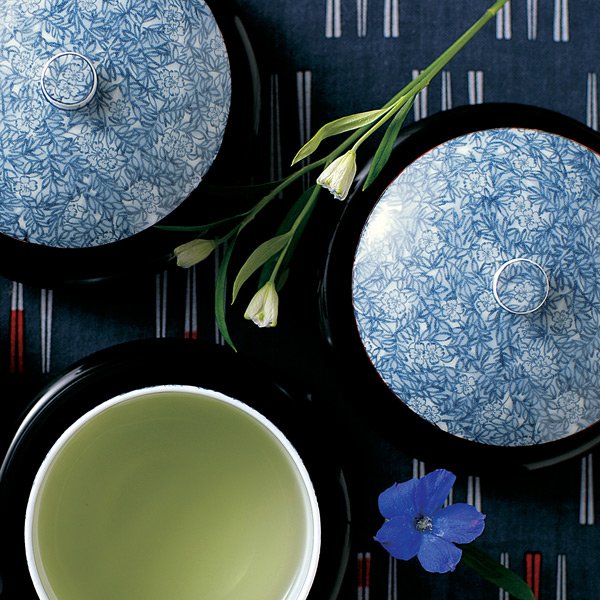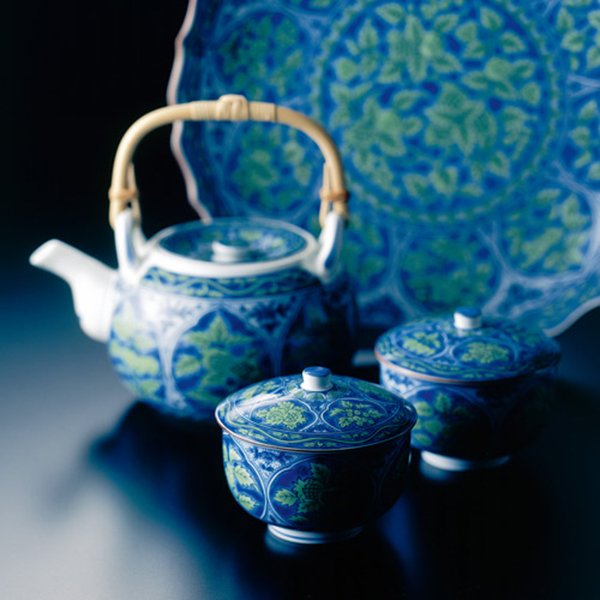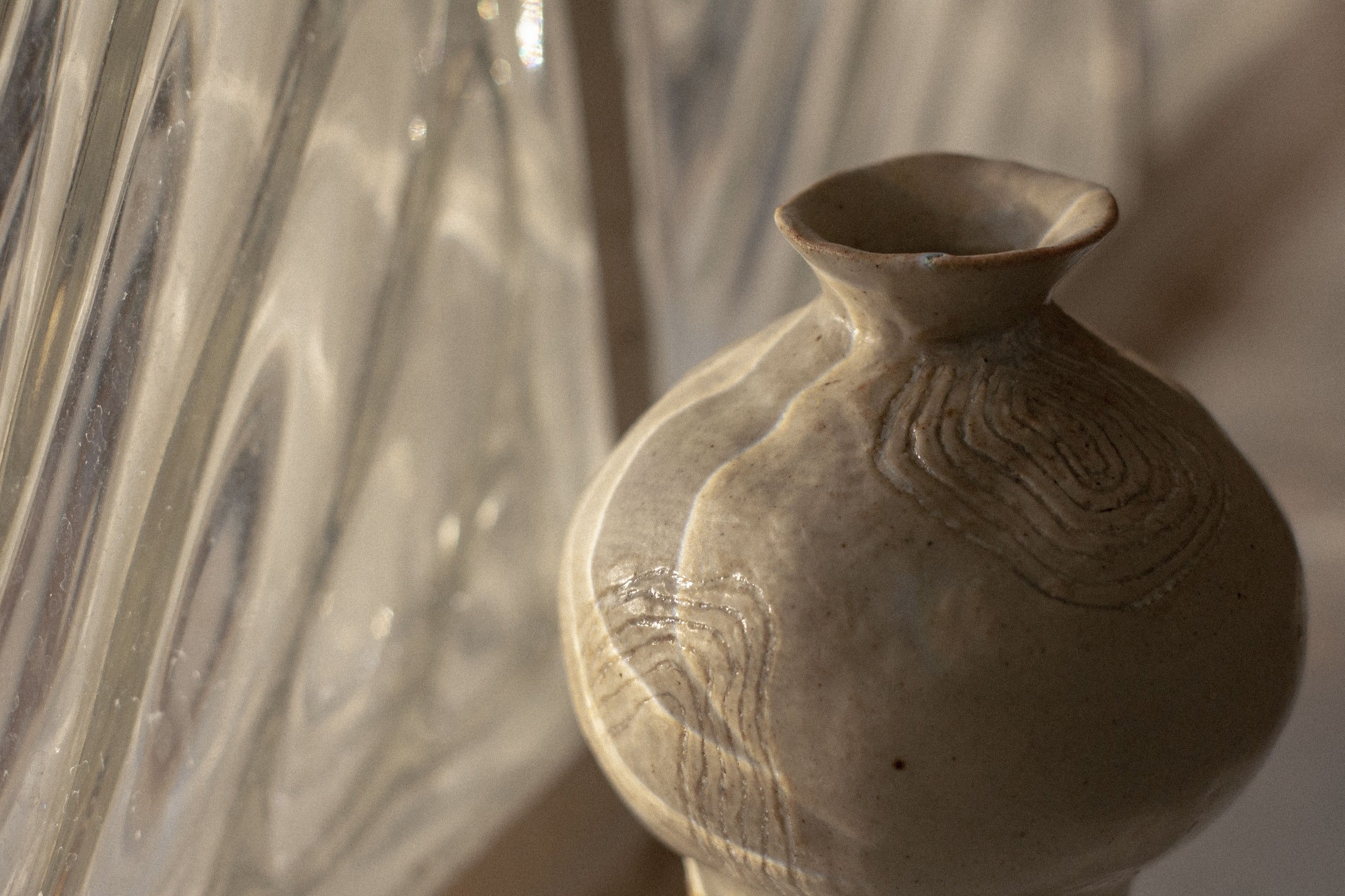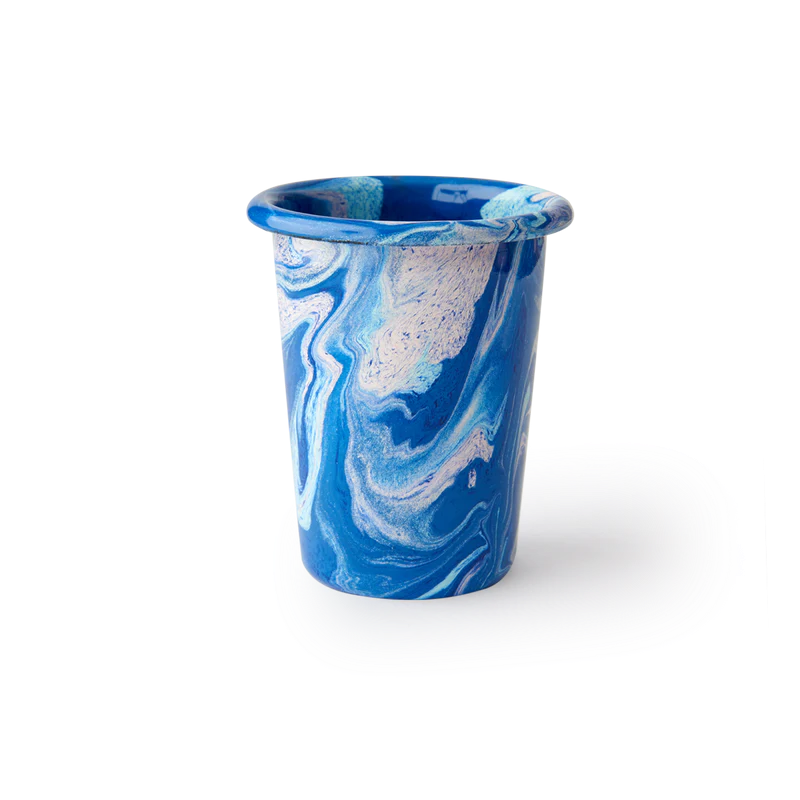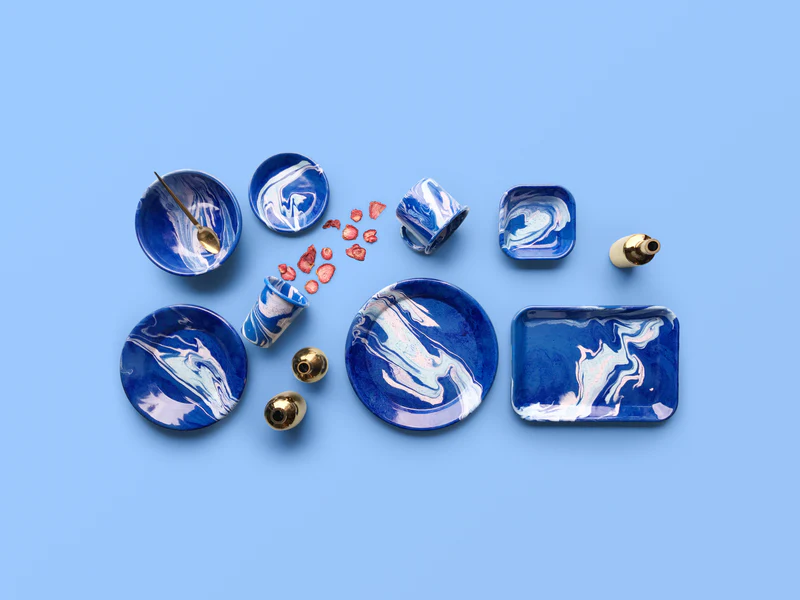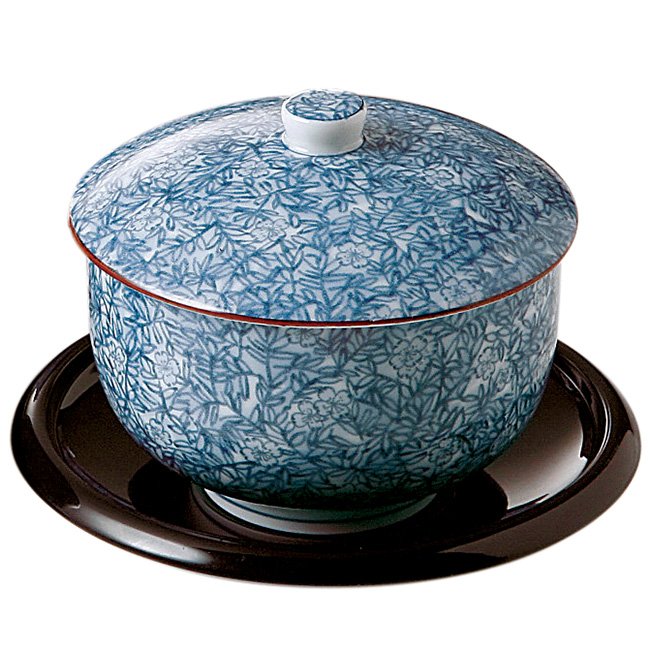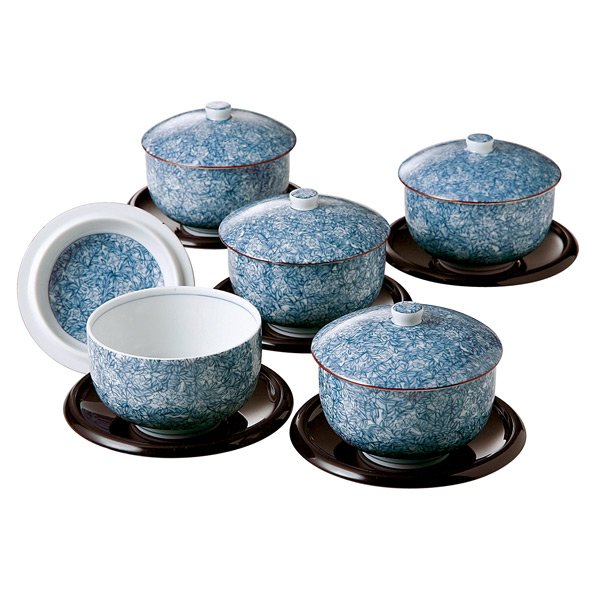Teacup - Glossy Red collection
The "Glossy Red" series, which expresses the bright and deep red color by evolving the color painting technique (glaze) by high-temperature firing such as the "Blue and White" series, is the color of the Japanese mind. It was created as a new type of Japanese tableware.
The "Glossy Red" series, which expresses the bright and deep red color by evolving the color painting technique (glaze) by high-temperature firing such as the "Blue and White" series, is the color of the Japanese mind. It was created as a new type of Japanese tableware.
The "Glossy Red" series, which expresses the bright and deep red color by evolving the color painting technique (glaze) by high-temperature firing such as the "Blue and White" series, is the color of the Japanese mind. It was created as a new type of Japanese tableware.
New Collection
Aesthetics
Japanese aesthetics that have been passed down through the ages, glossy red] The deep red dye "Glossy Red" that has been used as lipstick and blusher for Japanese women since before the Edo period.
The "Glossy Red" series, which expresses the bright and deep red color by evolving the color painting technique (inglaze) by high-temperature firing such as the "Blue and White" series, is the color of the Japanese mind. Was created as a new type of Japanese tableware.
Kuroyama kiln
There are 500 to 1000 historical pottery areas in Japan, and Tsugaru Kanayama Pottery is historically new among them. Artworks of Tsugaru Kanayama Pottery fill up our heart with warmth, for us living in modern times.
In the 40's of the Showa era, in the Kozangama, a epoch-making technique called "color painting / inglaze technique" in which a color was placed on the upper surface of the glaze and the color was developed in the glaze by firing.
-
Size - (φ12.5 x H8 cm)
Handmade in Kuroyama kiln ,Japan
Material : Porcelain
Every piece in our collections is handmade individually.
The patterns may differ on each item showing the marks of its journey.
Freezer Safe / Oven Safe
Suitable for children
Compatible with microwave ovens and dishwashers
-
Hong Kong Delivery
SF (pay upon arrival)
Dispatch in 1-2 days-
Tracking number will be provided
International Delivery
USPS/FEDEX*
International shipping available
*Please contact us for updated rates
-
“Quality is remembered long after the price is forgotten.”
-
Visa, Mastercard, Paypal
For credit card payments, please note that your billing address must match the address on your credit card statement.
-
Use the smooth side of the cleaning sponge or a soft brush for cleaning.
Avoid wire brushes, steel wool, scouring powder containing sand and cleaning sponges with ceramic particles this can scratch the surface.
When using the dishwasher, select the glass washing programme. We recommend washing by hand for long enjoyment of the radiant shine of enamel.
Dry the cookware well. Any lime spots can effortlessly be removed with vinegar water.
Do not use heavy duty cleaning products and harsh chemicals when cleaning, enamelware can easily be cleaned with a simple combination of lime juice and baking soda.
What appear to be scratches in the enamel could be marks left by metal tools: streaks of metallic residue, which have caused little or no damage to the underlying enamel. Enamel is much harder than stainless steel, you can scrub the marks with a gentle cleaning compound.
The shiny surface of coloured enamel can be affected by high acidic food. Using to serve citrus containing food can make the surface look matte, therefore we do not recommend using it with meals that contain too much lemon, lime, orange etc. to keep the shine of your product. White coloured enamelware is safe to use with acidic food.
Enameled steel is incredibly strong, but the glass top coat will chip if handled too roughly or dropped onto hard surfaces (revealing the steel frame underneath) remember it is still safe to eat from your enamelware dishes even if the steel underneath the glass is exposed.
During the production process of enamelware products are hung for drying and firing under their rims therefore flash rust can appear in these areas, they can be easily removed with a damp cloth.
There are small holes to allow gas to escape on models with hollow handles. Here the air can escape during firing. The little bubbles are part of the enameling process.
There may be seams on the inside of the handle. Basic enamel leaks outwards slightly during firing, and a thin line appears this is part of the enamelling process.

